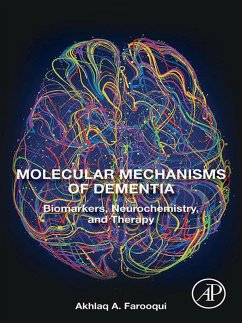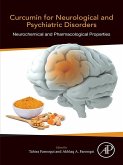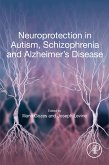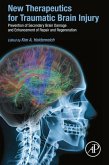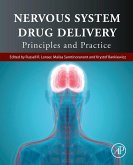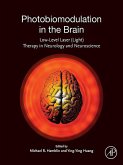Considerable progress has been made in neurochemical and therapeutic aspects of dementia research in recent years. Molecular and Therapeutic Aspects of Dementia presents readers with comprehensive and cutting-edge information on the neurochemical mechanisms of various types of dementias. It provides a clearly written and logically organized and comprehensive overview of molecular aspects of risk factors, symptoms, pathogenesis, biomarkers, and therapeutic strategies for various types of dementia. This book is written for the international audience of neurochemists, neuroscientists, neurologists, neuropharmacologists, and clinicians. The hope is that this discussion will not only integrate and consolidate knowledge in this field, but will jumpstart more studies on molecular mechanisms and therapeutic aspects of dementia.
The comprehensive information in this monograph may not only help in early detection of various types of dementia and dementia linked neurological disorders, but also promote discovery of new drugs, which may block or delay the onset of dementia in elderly patients. Understanding the course of dementia is important not only for patients, caregivers, and health professionals, but also for health policy-makers, who have to plan for national resources needed in the management of an increasing number of dementia cases.
The comprehensive information in this monograph may not only help in early detection of various types of dementia and dementia linked neurological disorders, but also promote discovery of new drugs, which may block or delay the onset of dementia in elderly patients. Understanding the course of dementia is important not only for patients, caregivers, and health professionals, but also for health policy-makers, who have to plan for national resources needed in the management of an increasing number of dementia cases.
- Provides a comprehensive overview of molecular aspects of risk factors, symptoms, pathogenesis, biomarkers, and therapeutic strategies for various types of dementia
- Summarizes cutting edge research information on signal transduction processes associated with neurochemistry of dementia
- Discusses the synthesis, metabolism, and role of lipid mediators in dementia
Dieser Download kann aus rechtlichen Gründen nur mit Rechnungsadresse in A, B, BG, CY, CZ, D, DK, EW, E, FIN, F, GR, HR, H, IRL, I, LT, L, LR, M, NL, PL, P, R, S, SLO, SK ausgeliefert werden.

